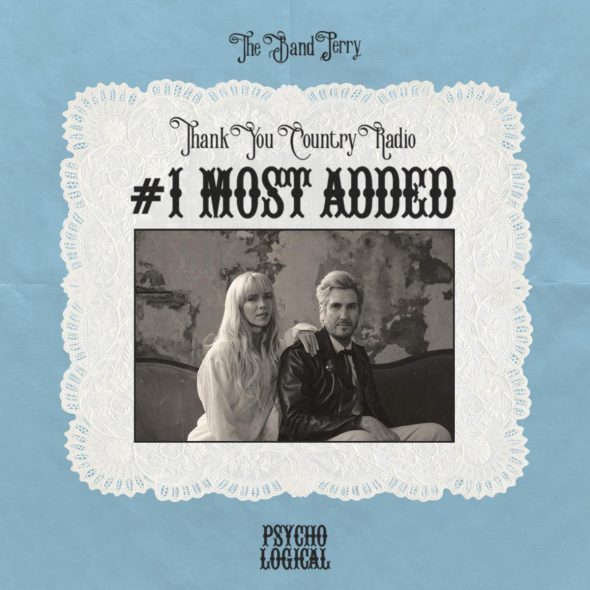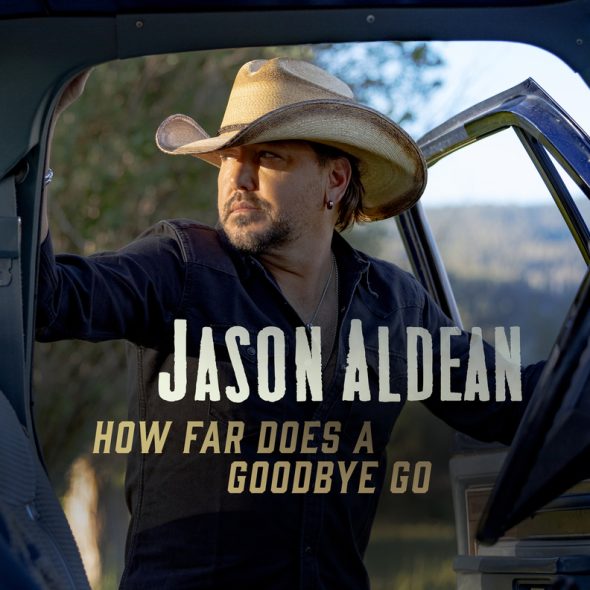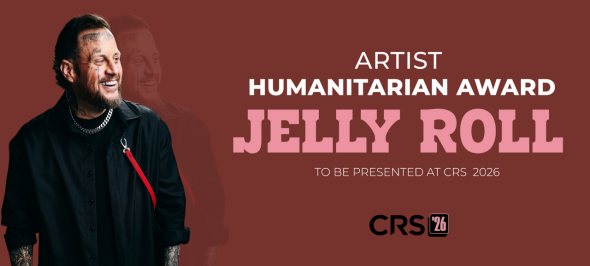Active vs. Passive
by Tamara Halbritter
Who do you respect more? Someone who comes out and tells you the mix in your demo EP sounds like ass or the person who says the mix sounds OK (when you both know it doesn’t sound right)?
 I spent some time on the East Coast and always admire people who tell it to you straight. “I can’t hear the bass. The drums overpower the vocals.” Okay, thanks. I appreciate your opinion. I know the mix needs work (and I’m glad you didn’t say the whole song blows).
I spent some time on the East Coast and always admire people who tell it to you straight. “I can’t hear the bass. The drums overpower the vocals.” Okay, thanks. I appreciate your opinion. I know the mix needs work (and I’m glad you didn’t say the whole song blows).
I’d much rather hear some constructive criticism than some passive, flaky b.s. that isn’t genuine. When it comes to your music, image, promotions — and writing — taking a passive-aggressive approach won’t get you too far. Boldness of attack is essential.
Active vs. passive voice
Whether you are writing a pitch letter, describing your album on SoundCloud or even writing a song, active voice lets people know exactly who does what. The noun goes before the verb in the sentence.
Passive voice doesn’t always make it clear who takes the action. Here are some comparisons that show the difference between passive and active voice.
| Passive voice | Active voice |
| That international tour was set up by their guy who plays lead guitar. | Their lead guitarist set up that international tour. |
| My heart was broken by a number of players. | Several players broke my heart. |
| The show was sponsored by the manufacturer of the equipment. | The equipment manufacturer sponsored the show. |
| The relationship with our former manager was ended in 2011. | Our band ended the relationship with our former manager in 2011. |
| Her eyes were filled with rage. | Rage filled her eyes. |
In the first example, “their guy who plays lead guitar” became “their lead guitarist,” and the phrase went from six words to three. Active voice is less wordy.
Get-to-the-point techniques
If you’re trying to get the attention of new fans or a label, the more you ramble, the less you will succeed. Unnecessary prepositional phrases and passive sentence construction will slow down your writing and get you farther from your main point. Here are some other examples of ways to eliminate words.
| Passive voice | Active voice |
| It should be played using a chord of G in the first measure. | Play a G chord in the first measure. |
| He is loathing the scent of her. | He loathes her scent. |
| The tour bus was driven into the parking lot of the theater. | He drove the tour bus into the theater parking lot. |
| Her voice is lush, and it sounds like honey. | Her lush voice sounds like honey. |
| It was then that the keyboardist quit. | Then the keyboardist quit. |
Other considerations
Let me make another huge generalization and say here on the West Coast, people don’t seem as aggressive as they are on the East Coast. They allow pedestrians to have the right of way. They say what they think you want to hear, rather than what they believe. The truth is riskier.
I’m not trying to start a coastal war — everything’s subjective — I just want to illustrate that writing-wise, burying the point with too many extra words is like being passive about your opinion. It’s safe.
It may be easier to write in the passive voice or to not voice your real opinion, but keep this in mind: There’s an “ass” in “passive.” Bold is better.
Tamara Halbritter is a San Francisco Bay Area freelance writer and editor who develops content for music, transportation and green industries.




